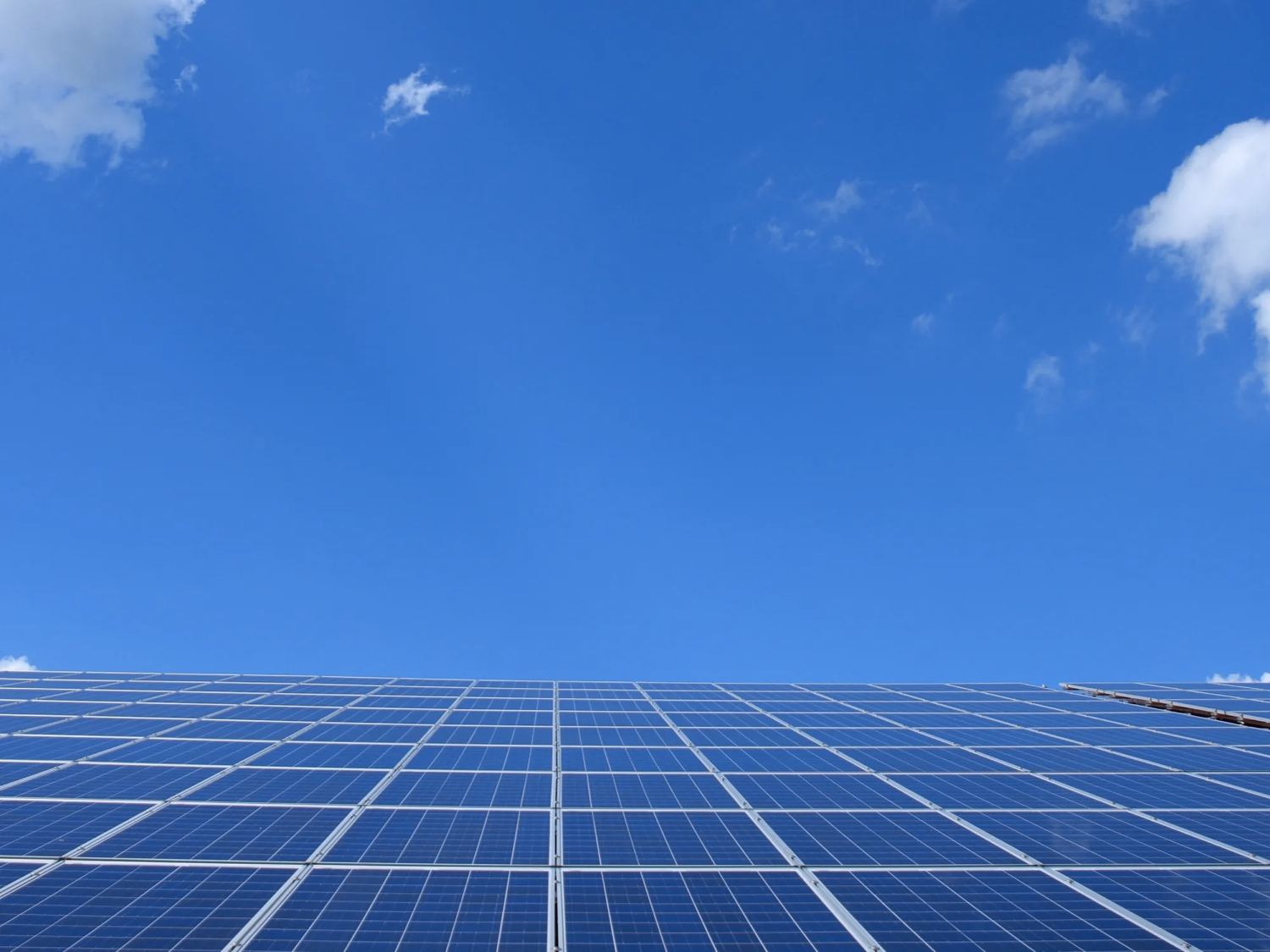Most people would now agree (given the recent heat wave in India and around the world) that climate control is high on every country’s agenda. Though it was hardly raised in the recent elections in India, this probably indicates that there are now no serious political differences on this issue. In fact, India announced its commitment to achieve net zero emissions by 2070 at COP26 in November 2021. Additionally, India aims to reduce emissions intensity by 45% below 2005 levels and increase non-fossil power capacity to 50% by 2030, as part of its August 2022 Nationally Determined Contribution (NDC) update. As the same government continues in India, it is likely that these commitments will continue to occupy a high place in policy pronouncements.
While tackling climate change commitments (reduction in greenhouse gases and carbon fixation) involves a host of measures in the area of vehicular emission, reduced use of fossil fuels etc, one area that has never received major media attention is rooftop solar power (RTS) as the alternative to traditional sources of power. In India, 60 percent of power is based on fossil fuels.
This is also surprising since to meet the above emission reduction targets, increasing RTS capacity is crucial. However, India's installation of RTS lags behind the target of achieving 40 GW by 2022, with only 7.3 GW achieved by 30th November, 2022 (Posted On: 22 DEC 2022 by PIB, Delhi). Recognizing the vital role that RTS plays, Prime Minister Modi launched the PM Suryodaya Yojana on January 22 this year to support rooftop solar panel installations for households consuming less than 300 units of electricity per month.
PM Modi has also emphasized India's commitment to achieving net-zero emissions by 2070, highlighting India's significant RTS potential. As the green energy sector continues to grow, PM Modi has expressed his belief that both investors and industry will benefit, and he emphasized India's commitment to achieving net-zero emissions by 2070.
In the past Union budgets have often been used to provide incentives for climate control measures. However Budget 2024 will be first one after India’s global climate commitments as defined by its NDC. In this article we will suggest how RTS adoption could be initiated without serious financial commitments or loss of government revenues.
It is known that RTS requires installing rooftop solar panels. Apart from the battery, solar panels need lithium wafers (almost solely made by China), solar cells and the final element, solar modules. Solar cells and modules are thus crucial components of solar panels. However, since April 2022, India has imposed a 40% customs duty on solar modules and a 25% duty on solar cells (with some country/firm specific exemptions), despite having limited domestic production capacity. Hence, we calculated the social (and private) benefit of removing customs duties on solar panel inputs, cells and modules.
To calculate the benefits in terms of saving in electricity expenditure by households (consumer surplus), we first identified the levelized cost of electricity (LCOE) for rooftop solar (RTS), which ranges between Rs 3–5/kWh based on existing research findings. Next, we obtained the average electricity tariff rates from the India Climate and Energy Dashboard of NITI Aayog. These rates were found to be Rs. 6.74 per kWh nationally and Rs. 9.36 per kWh in Delhi.
We then calculated the electricity expenditure savings to households by subtracting the LCOE of RTS from the average electricity tariff rates. This difference represented the financial benefit per kilowatt-hour (kWh) of electricity generated through rooftop solar. We obtained the total consumer surplus by multiplying this difference with the possible total energy generation capacity. Our calculations showed consumer surplus of Rs. 96 thousand crore if the 2026 target of 40GW is to be achieved. Utilizing full residential RTS potential (637 GW, source CEEW 2022) could result in even more consumer surplus: Rs. 15.2 lakh crore nationally and Rs. 75 thousand crore in Delhi alone.
Based on CEEW technical data, we calculated that utilizing India's full residential RTS potential could result in significant national electricity savings for consumers. The estimated savings are Rs. 15.2 lakh crore nationally and Rs. 0.75 lakh crore in Delhi alone, assuming the consumer pays the full cost of installing and maintaining rooftop solar panels. These savings could be even higher if the government subsidizes installation costs, which is the current practice.
In FY23, the government collected Rs. 0.0216 lakh crore in duty for 2.6 GW of imported solar modules. However, if India were to import 637 GW of modules to achieve its total residential RTS potential, the duty collected would only amount to Rs. 5.2 lakh crore. This is far less than the energy benefit (Rs. 15 lakh crore) of full residential RTS potential. Even assuming only 25 percent of realizable gains, the potential is obvious.
Given that sunlight, the ultimate power source is free, the savings to consumers from rooftop panels (and the contribution to reducing fossil fuel usage) far outweigh the loss from reduced import duties on equivalent GW of solar modules. Reducing import duties on solar modules and cells would lower costs for domestic manufacturers and decrease the final price of solar panels in India, thereby encouraging wider adoption of solar energy. At the very least, the forthcoming budget should see a phasing out of duties on imported modules years over the next few years to enable industry to work towards India’s global climate change commitments.


💬 Comments
Share your thoughts on this policy
No comments yet. Be the first to comment!